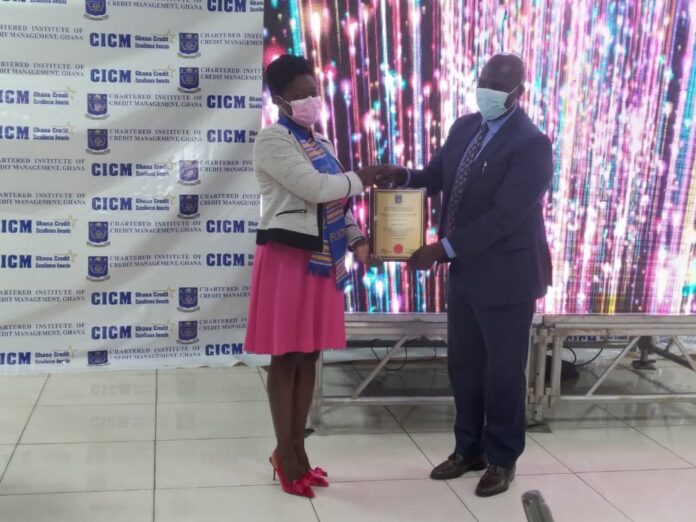
With financial systems across the continent set for increased integration under the African Continental Free Trade Area (AfCFTA), domestic industry watchdog the Bank of Ghana will heighten its monitoring of developments in the trade area and put measures in place to ensure local financial institutions are insulated from external shocks.
This, said Head of Banking Supervision Osei Gyasi, will ensure that the nation’s system is not compromised by developments from participating states, and ensure gains from the painstaking sector-wide clean-up are not undone.
“With the advent of AfCFTA, therefore, the bank will monitor the changing financial landscape and put in measures to assess financial vulnerabilities emerging in other AfCFTA member-countries and ring-fence any spillovers on domestic banks and financial institutions. The bank will also work closely with sub-regional institutions such as the College of Supervisors of WAMZ to undertake cross-border joint supervision of banks and their subsidiaries across the sub-region,” he said.
He made these remarks while speaking on the theme ‘Leveraging the Africa Continental Free Trade Agreement to boost Ghana’s Economic Development: The Role of the Financial Services Sector’, at the second edition of Credit Excellence Awards and Presidential Ball hosted by the Chartered Institute of Credit Management, Ghana.
Mr. Gyasi added that emergence of the AfCFTA has given credence to the apex bank’s recent decision to reform and consequently bolster the sector.
“The advent of AfCFTA has given credence to recapitalisation of the banking sector. For the financial sector to take advantage of the expected economic expansion that will be unleashed by full implementation of the agreement, financial institutions need stronger capital bases to undertake large cross-border transactions,” he explained.
Following calls for policymakers to prioritise investments in regional infrastructure to ensure maximum actualisation of the arrangement, the regulator stated that such capital-intensive projects require a robust financial sector and stable macroeconomic environment; undertakings to which the BoG is committed.
“Indeed, to realise the benefits of increased intra-regional trade on the continent, there is a need to invest heavily in the development of transport and communication networks. Shipping and airlines on the continent should be revamped for member-countries to take advantage of the expected increases in movement of goods and people. But such increased investments can only take place when the financial sector is positioned to carry out effective intermediation at relatively low cost and within a stable macroeconomic environment.”
Also at the ceremony, the Chief Executive Officer of the Ghana Enterprises Agency, Kosi Yankey-Ayeh – who was conferred with an Honorary Fellowship into the seven-year-old institute for the work her outfit undertook during the height of the pandemic – echoed sentiments expressed by Mr. Gyasi, saying the agency has a crucial role to play in facilitating access to finance for Micro, Small and Medium-sized Enterprises (MSMEs), as it is a key pillar on which the AfCFTA hinges.
“We will continue to support small businesses in their quest for easily accessible sources of funding, at the lowest rates possible.”
CEO-Ghana Enterprises Agency, Kosi Yankey-Ayeh (left) and Head of Banking Supervision, BoG, Osei Gyasi (right)









